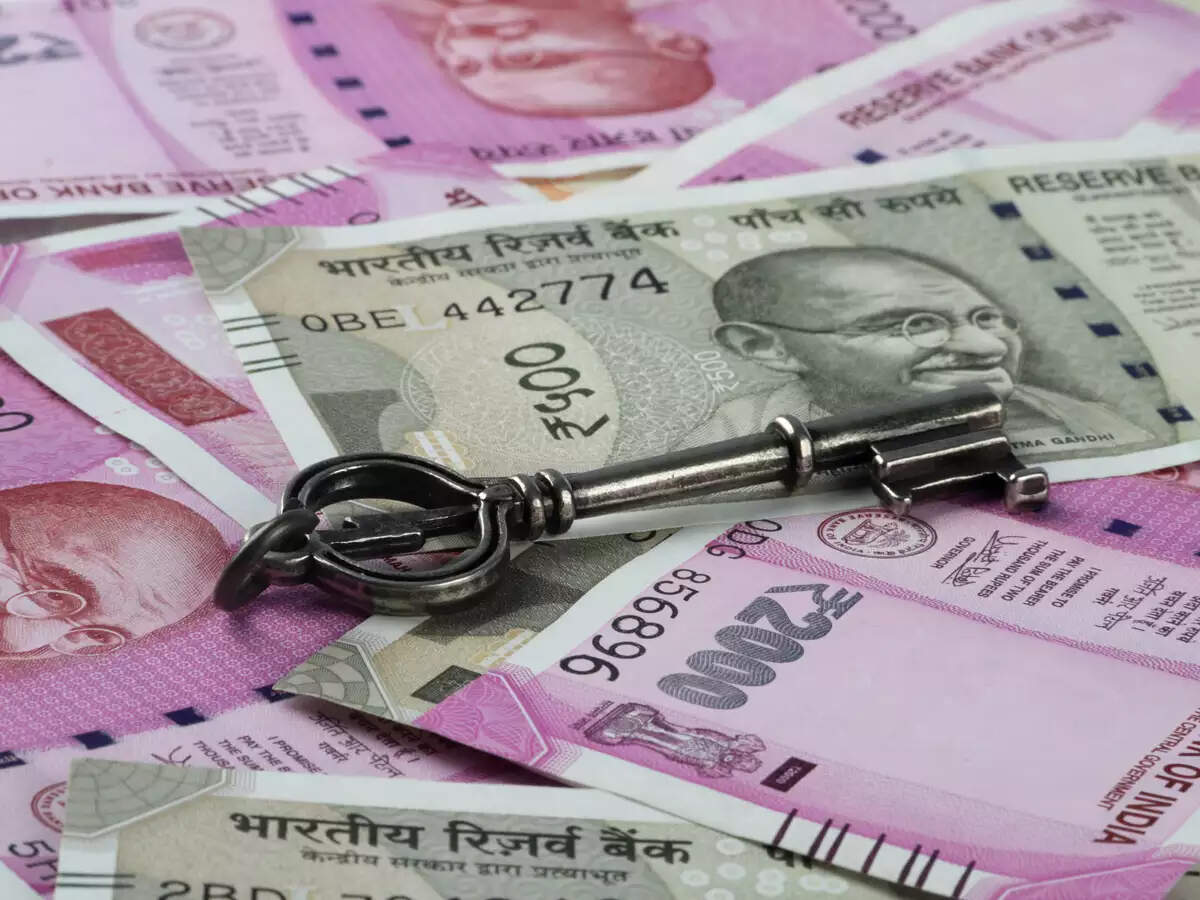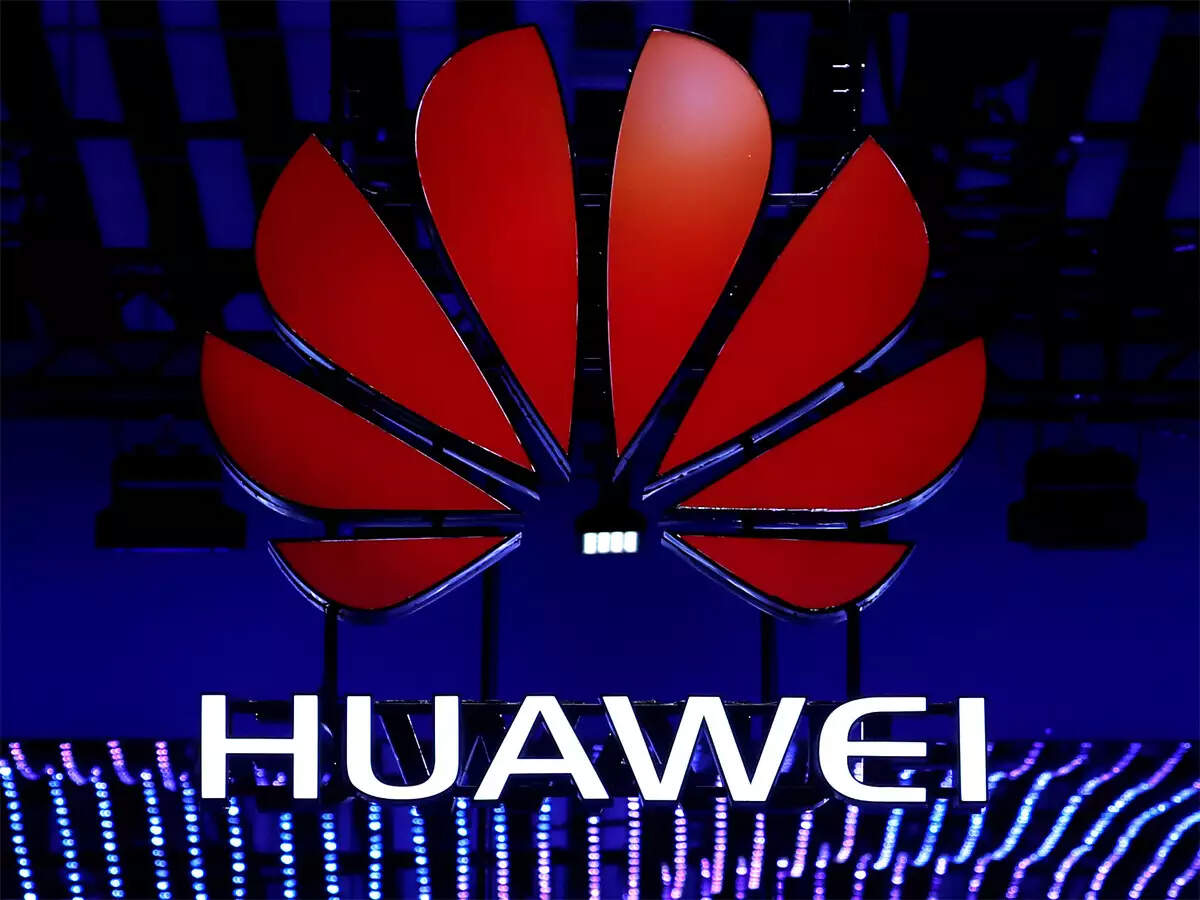
Impact of NBFC cash crunch on fintech firms
What's the news?
The stress among the non-banking finance companies (NBFCs) has spilt over to the fintech lending space, with few of the companies facing a funding crisis and others shutting shop. One of India's largest fintech NBFC Capital Float which has been in talks to rack up funds from digital payments major PayU is learnt to be stuck in a prolonged due diligence process due to these adverse market conditions
Why does it matter?
With the introduction of Aadhaar and GST, a new generation of fintech lending players was supposed to leverage this technology stack and drive financial inclusion to make loans easily available to consumers digitally.
While few of these startups have been able to scale up rapidly, a significant chunk of early-stage companies seem to have missed the bus. What has become clear is that just by bringing in digital direct selling agents or DSA model it won’t be enough for companies to survive. What’s needed is an actual disruption of the space and value addition to the lending process. Those who will manage to do that will emerge as the winners while may have to consolidate with bigger fintech players or simply shut shop. Read more.

Govt's Rs 1,000 crore startup fund
What's the news?
The Department for Promotion of Industry and Internal Trade plans to set up a dedicated India Startup Fund with an initial amount of Rs 1,000 crore. This fund will be separate from the Rs 10,000 crore Fund of Funds for Startups, which was set up in 2016 under the Small Industries Development Bank of India.
What will this fund focus on?
The fund will focus on providing seed funding to around 5,000 startups focussed on priority areas such as rural healthcare, water, and waste management, clean energy solutions, cybersecurity, and drones. Startups focussed on other technologies like the Internet of Things and artificial intelligence will also be included gradually, a senior government official aware of the proposal told ET. Read more.

Ultra HNIs start investing directly in startups
What's the news?
Ultra-high net worth individuals (UHNIs) are investing directly in startups rather than funneling money through private equity funds that invest in such unlisted firms. Some of the recent transactions include Bira Beverages, BigBasket, Coverfox, Ola and Paytm
Why are they investing directly ?
UHNIs are investing in unlisted firms swayed by higher returns. Wealth managers say the trend is growing since the returns generated by PE funds in the past few years are much lesser than the benchmark. Most wealth managers are targeting unlisted companies at a mature stage, where the IPO is in the pipeline and are working closely with their investment banking team to identify the right opportunities. Read more.

Swiggy's strategy for future growth
What's the news?
Swiggy is pushing to increase order density by building products and expanding its restaurant base to drive repeats from the top 50 million internet users.
What's the big picture?
The focus on repeat customers come at a time when customer discounts are expected to come down significantly as the food delivery industry consolidates with two big players. Discounts by Swiggy and Zomato are expected to be down by least 40%, while cuts at UberEats will be more drastic, according to industry sources. Read more.

Huawei's woes continue in India
What's the news?
Huawei is facing a sales slowdown as some retailers have started pushing consumers to rival products citing uncertainty about the Chinese firm’s future supplies. Meanwhile, contract electronics manufacturer Flex has also stopped shipments to Huawei to comply with the US administration’s decision to put the company on its trade blacklist.
What's the significance?
Huawei, which is the world’s second-largest smartphone brand by shipments, is fast growing in India with a 4.5% share. It currently sells a majority of its own-branded and Honor branded phones through online partners, but is trying to rapidly expand into the offline channel to grow market share and close in on top players such as Xiaomi, Samsung, Oppo, and Vivo.
The recent US sanctions, however, mean Huawei is set to lose support from Google’s Android which is making retailers wary to recommend these handsets to their customers. Read more.